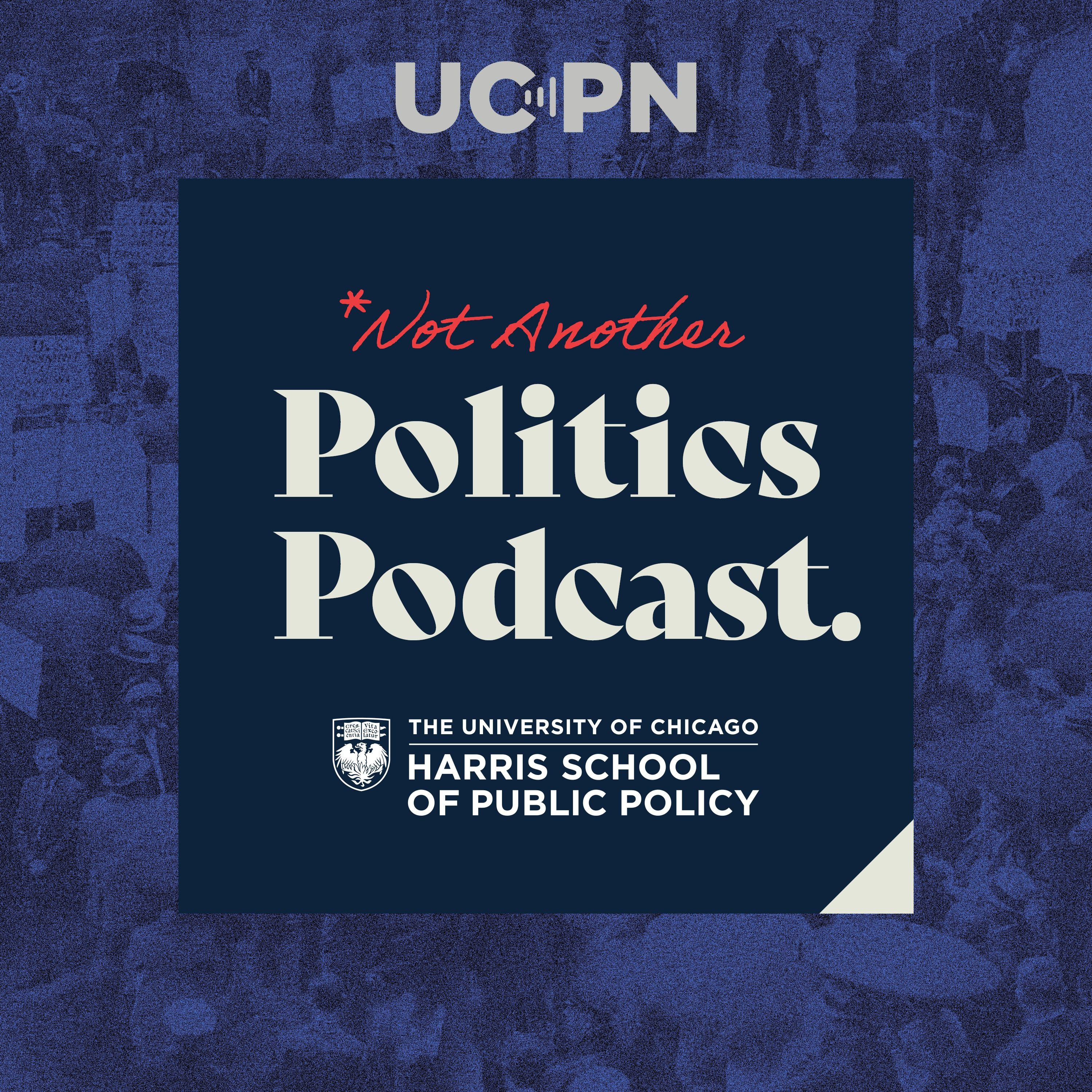LIVE: How Members Of Congress Forge Relationships With Their Voters
This episode was recorded live at the NASPAA conference in Chicago. With the midterms upon us, we decided to look back at a piece of landmark scholarship that may be able to tell us something about the dynamics of personal interactions between representatives and their constituencies. It’s by political scientist Richard Fenno called “U.S. House Members in Their Constituencies: An Exploration”. We often assume that voters cast their ballots based on ideology and policy, but it could it be more personal than that? Fennon took a novel approach to answering that question that he calls “soaking and poking”. We explore what his discoveries can tell us about our current elections and how representatives think about their interactions with their constituents. Paper: https://www.jstor.org/stable/1....960097#metadata_info

